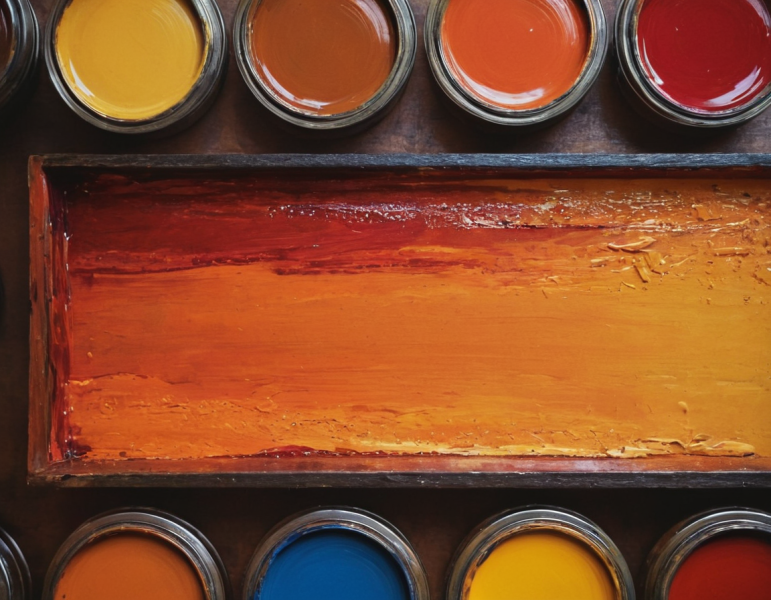Educa UNIVERSITY|ART AND ARCHITECTURE
Fine Arts Series: An Immersion in Contemporary Art
Related Masters
Fine Arts Series: An Immersion in Contemporary Art
When it comes to series that capture the contemporary art world, few achieve the mix of humor, criticism and drama as Bellas Artes, the series launched in 2024 that has given a lot to talk about. What's it about? Well, imagine that a sophisticated - and somewhat cynical - art historian named Antonio Dumas, played masterfully by Oscar Martínez, takes over the direction of a contemporary art museum in Madrid. What follows is a whirlwind of conflicts, political tensions and comic moments, reflecting the complex fauna of the art world in which everyone has interests, but they don't always coincide.
A Plot Full of Comedy and Cultural Satire

With a narrative ingenious and critical of the art world, Fine Arts tackles issues that those of us who have had contact with the art world understand well: the internal politics of museums, guild struggles, and external pressures from figures who are often more interested in fame than artistic quality. Dumas, as director, must deal with all this, and here the series finds a perfect balance between comedy and social criticism. This duality makes it not only entertaining, but also a tool for reflection on how we perceive art and its value.
The Characters and their Importance in Fine Art
Each character in the series brings a unique dimension to the plot, reflecting the common archetypes in the art world. We have characters from museum directors with personal agendas to eccentric artists and donors with questionable intentions. Each of them becomes a key player in the dynamics of the museum, making the series achieve a complete and sarcastic representation of the artistic environment.
In terms of narrative structure, creators Gastón Duprat and Mariano Cohn manage to keep the series at an agile pace. The absurd situations and Dumas' decisions combine to reflect the irony of a world that often takes itself too seriously.
Art as a Reflection of Society
Something the series manages to highlight is how contemporary art reflects the problems of today's society. At Bellas Artes, the exhibitions staged at the museum symbolize, often in an exaggerated way, modern dilemmas. It is a reminder that art is not only an aesthetic tool, but a medium for debating ideas.
For example, in one particularly ironic episode, Dumas finds himself at the center of an exhibition that is controversial by the mere fact of its existence. These kinds of situations illustrate how art is used as a vehicle for social change, sometimes clashing with the traditions and values of those who fund or run art institutions.
In conclusion, Fine Arts is more than a series about a museum; it is a profound - and comic - reflection on the struggles art faces in its quest for authenticity in a world filled with personal agendas and pressures.
The series is a reflection on the struggles art faces in its quest for authenticity in a world filled with personal agendas and pressures.
Bellas Artes.
Faculties
Trainings
The faculties embrace diverse academic disciplines and fields of study, opening doors to new perspectives and exploring different spheres of wisdom in a constantly evolving world.














